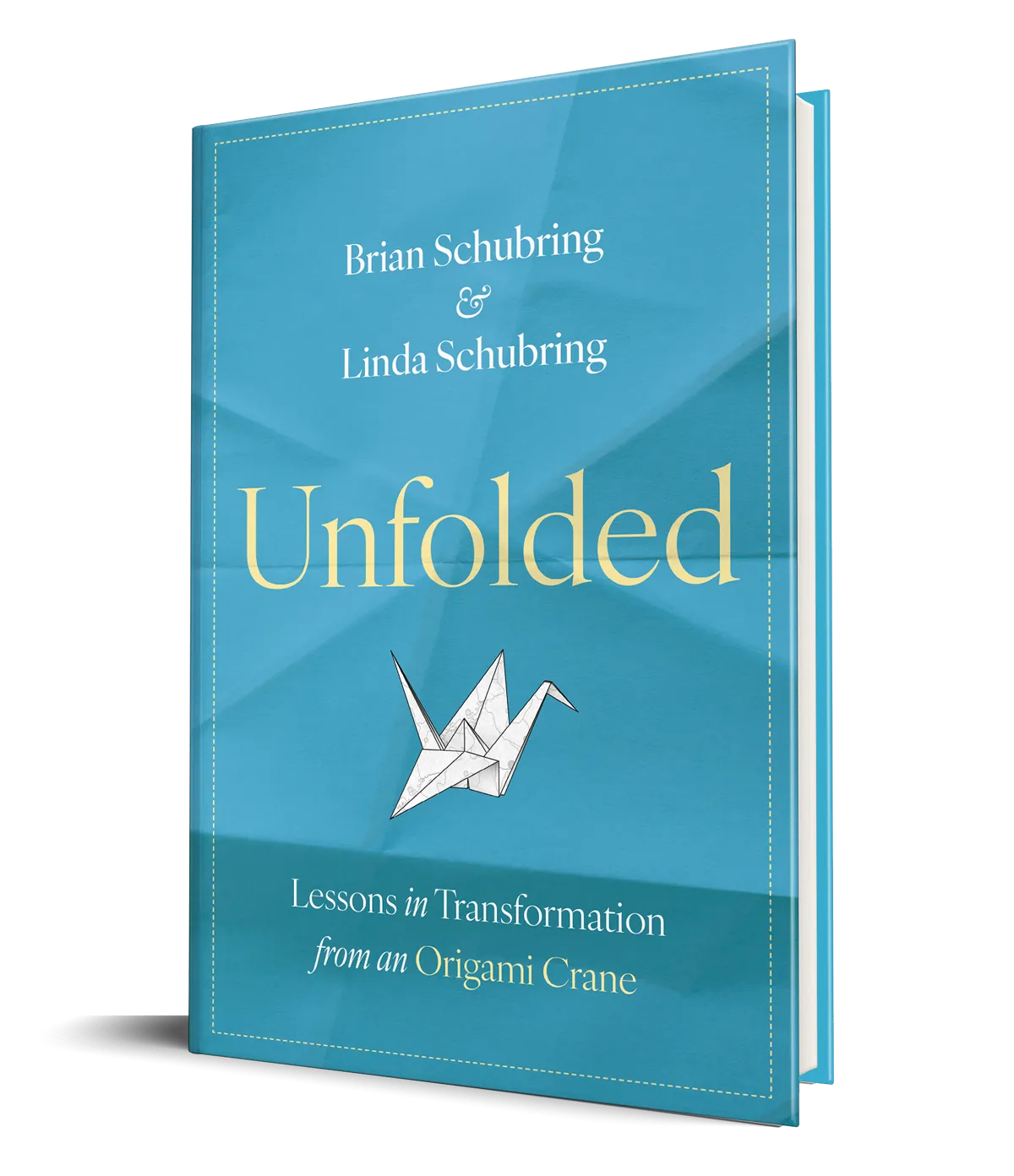Building Intentional Organizational Culture with Derek Newberry
Welcome to the Leadership Vision Podcast, our show helping you build a positive team culture. Our consulting firm has been doing this work for the past 25 years, ensuring that leaders are mentally engaged and emotionally healthy.
Building a strong organizational culture is essential for companies aiming to thrive in today’s world. In a recent episode of the Leadership Vision Podcast, we had the pleasure of discussing this topic with Derek Newberry, the Head of Organization and Culture Design at Co Collective. Derek is also the co-author of the books “The Culture Puzzle” and “Committed Teams,” both great resources for anybody interested in building a positive team culture. Derek’s extensive background in organizational anthropology and his comprehensive understanding of culture and change management provided a wealth of insights we discussed during this conversation.
Be sure to listen to the full episode using the link above! Below are some of the key takeaways from our conversation.
Rethinking Culture: Beyond Foosball Tables and Casual Fridays
Derek challenges the common perception that culture is about perks like foosball tables and casual Fridays. He emphasizes that culture is core to business operations and a critical differentiator in how organizations show up for customers and attract top talent. Culture, if not intentionally built, will naturally form, and often not in a beneficial way.
The Role of Anthropology in Culture Building
Newberry’s academic background in anthropology plays a pivotal role in his approach. He emphasizes solving problems from the bottom up rather than the top down, advocating for understanding people’s context and experiences. His transition from academia to practical application in the business world has helped him focus on simplifying complex cultural concepts to drive actionable change.
Balancing Work and Family Life
In a world where work-life balance is often debated, Derek also touches on his personal experiences balancing his professional role and family life. He relates this to organizational culture, stressing the importance of understanding individual needs and creating flexible, supportive environments.
Top-Down vs. Bottom-Up Approaches
Derek believes that creating cultural change involves both top-down and bottom-up approaches. Leadership must drive shared visions, while individual and team-level actions need to be concrete and actionable. Simplifying complex cultural ideas into evidence-based frameworks allows organizations to focus on a few key areas when driving change.
The Complexity of Culture in Organizations
Culture is inherently complex, blending beliefs, behaviors, and mindsets. Derek’s biggest revelation in moving from theory to practice is the necessity of simplifying and making this complexity actionable. Leadership needs to frame culture in an understandable and implementable way.
Formative Experiences and Influences
Derek’s university experience significantly shaped his views on culture, teaching him the importance of alignment within fragmented systems. This perspective has translated well into his work with businesses, helping him understand and address cultural fragmentation and silos.
Building and Changing Habits
Habits, whether individual or organizational, are fundamental to culture. Changing bad habits requires understanding their rationale and adjusting the environment to make new, positive habits more reasonable and automatic. Rituals play an essential role in embedding new ways of doing things, helping to turn values into actions.
Challenges of Remote Work
The rise of remote work presents new challenges for maintaining organizational culture. Ensuring remote colleagues feel included and actively participating in decision-making processes requires intentionality. Derek suggests regular in-person gatherings and proactive outreach to remote employees as effective strategies.
Stakeholder Issues and Cultural Impact
Post-pandemic, organizations face increasing pressure from diverse stakeholder groups demanding alignment with their values. Navigating these expectations is complex but critical for modern enterprises. Derek believes that clear and consistent storytelling about organizational purpose is key to addressing these challenges.
Building a Shared Culture
Derek’s work focuses on creating frictionless organizational environments where alignment in values and ways of working minimizes obstacles to collaboration and innovation. Companies like Google exemplify the benefits of a unified culture, enabling seamless interaction and agility across global teams.
Final Thoughts on Culture
Derek’s final message emphasizes that culture should be intentionally cultivated. Unaddressed, culture will naturally form, but often not in the optimal way. Leaders must articulate a clear, compelling narrative about their organization’s purpose to drive alignment and performance.
Your Actionable Takeaways
- Define Your Culture Intentionally: Don’t leave culture to chance. Be proactive in shaping the environment you want.
- Simplify Complexity: Use evidence-based frameworks to make cultural concepts actionable and understandable.
- Focus on Habits: Identify and cultivate positive habits at both the individual and organizational levels.
- Utilize Rituals: Leverage team rituals to embed cultural values and create change.
- Adapt Physical Spaces: Ensure your physical work environment supports the culture you want to build.
- Engage Remote Workers: Be intentional about including and engaging remote team members.
- Handle Stakeholder Expectations: Clearly communicate your organization’s purpose and values to navigate complex stakeholder demands.
Leaders can foster a more cohesive, aligned, and high-performing organizational culture by focusing on these takeaways.
Learn More
We would love to hear about the changes in your life – connect with us at connect@Leadershipvisionconsulting.com
About The Leadership Vision Podcast
The Leadership Vision Podcast is a weekly show sharing our expertise in the discovery, practice, and implementation of a strengths-based approach to people, teams, and culture. We believe that knowing your Strengths is only the beginning. Our highest potential exists in the ongoing exploration of our talents.
Please contact us if you have ANY questions about anything you heard in this episode or if you’d like to talk to us about helping your team understand the power of Strengths.
If you’d like to be featured on the Leadership Vision Podcast, let us know how you are using Strengths and what impact it has made. Contact us here!





